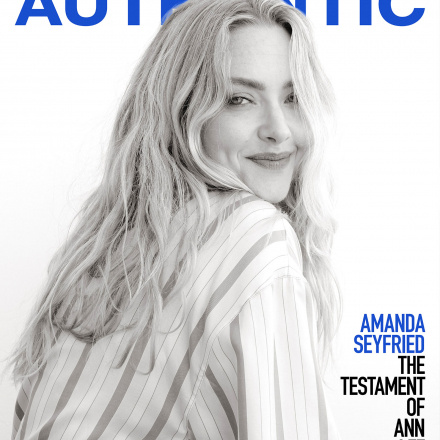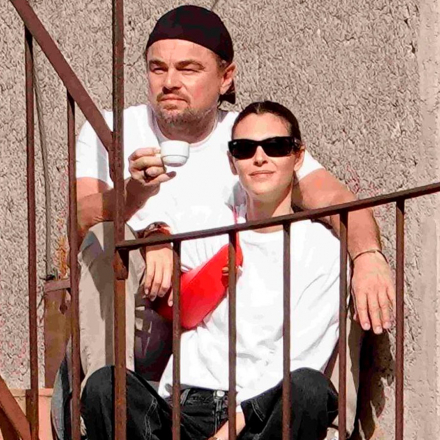Amanda Seyfried and the Secrets of the "Shakers": How the Actress Let Herself Go in the Role of Ann Lee
Amanda Seyfried has long been accustomed to complex and unconventional roles, but her latest work in the biopic “The Testament of Ann Lee” (directed by Mona Fastvold, in collaboration with Brady Corbet) leaves even the most seasoned viewers breathless. On screen, she transforms into Ann Lee — the leader of the 18th-century Shaker religious movement, a woman who boldly broke stereotypes, challenged society, and literally ignited her followers.
Amanda Seyfried has long been accustomed to complex and unconventional roles, but her latest work in the biopic “The Testament of Ann Lee” (directed by Mona Fastvold, in collaboration with Brady Corbet) leaves even the most seasoned viewers breathless. On screen, she transforms into Ann Lee — the leader of the 18th-century Shaker religious movement, a woman who boldly broke stereotypes, challenged society, and literally ignited her followers.
Ann Lee was born in Manchester and experienced extraordinary visions from a young age. She believed she was the second incarnation of Christ and preached radical teachings considered dangerous or incomprehensible by many. In the film, Seyfried portrays Lee as a true force of nature — a woman capable of inspiring and leading others without fear of conflict with societal norms.
Particular attention is drawn to the unusual form of prayer that the actress and her colleagues perform on screen. Instead of the usual calm reading of prayers, there is dancing, movement, singing original Shaker hymns, moaning, shouting, and even screaming. All of this creates the effect of an almost orgiastic ritual, where the ecstasy of faith merges with physical liberation. The viewer is immersed in an atmosphere where body and soul become one, and every movement of the actors is an expression of inner freedom.
Amanda admits that filming this movie was a true experiment on herself. “I’ve never acted so physically and emotionally at the same time,” she shares. “There are no templates here, no fear — only honesty toward the character and toward the audience.”
“The Testament of Ann Lee” is not just a biopic. It’s an immersion into a world of radical faith, female strength, and ecstatic self-expression. Seyfried demonstrates that sometimes, to understand a historical figure, it’s not enough to read about her — you have to fully surrender to her world, with your body, voice, and spirit.
And if you’re ready for an intense emotional and visual experience, the film promises to become one of the most discussed religious and artistic works of the year.

























